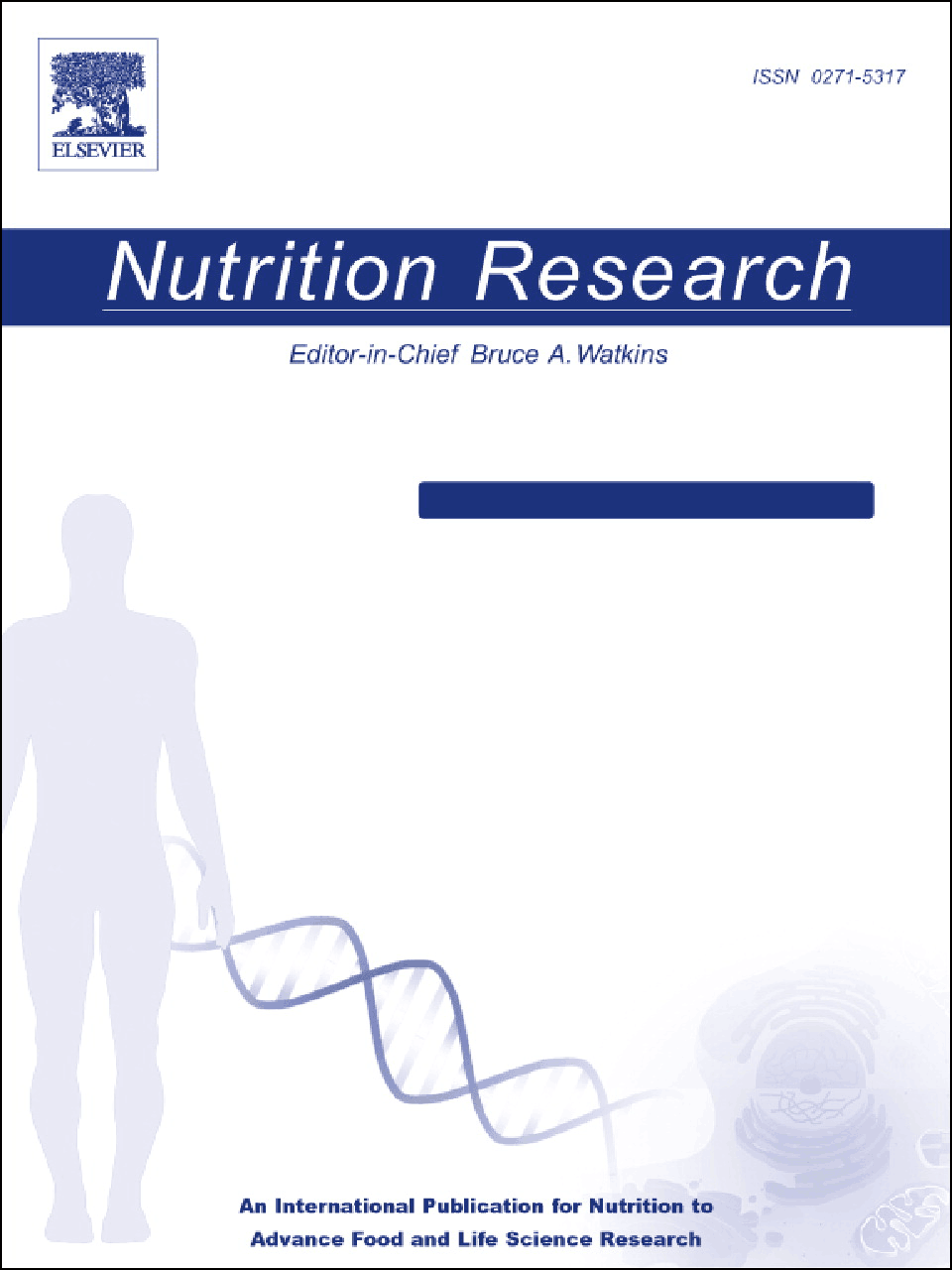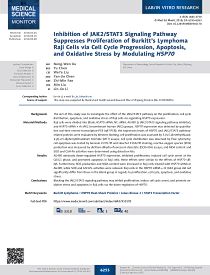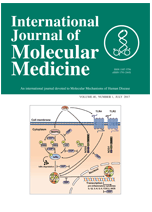All AbMole products are for research use only, cannot be used for human consumption.

AG490 (Tyrphostin AG490) is a selective inhibitor of EGF receptor tyrosine kinase with an IC50 values of 2 and 13.5 μM for EGFR and ErbB2 respectively. AG490 is also a JAK3/STAT, JAK3/AP-1 and JAK3/MAPK signaling pathway inhibitor and also blocks JAK3 autophosphorylation. AG-490 significantly inhibits the constitutive activation of Stat3 in MOPC, MPC11, and S194 cells, leading to dramatic dose-dependent apoptosis. AG-490 (100 μM) inhibits Akt phosphorylation, inhibits the activation of nuclear factor-κB, and causes the activation of GSK-3β, leading to the reduction of c-Myc. AG-490 (50 μM) can induce apoptosis of imatinib-resistant BaF3 cells expressing T315I and E255K mutants of Bcr-Abl.

Neurourol Urodyn. 2024 Aug 16.
The SDF-1/CXCR4 axis is involved in adipose-derived stem cell migration
AG490 purchased from AbMole

Int Immunopharmacol. 2023 Feb;115:109693.
JAK2 inhibitor ameliorates the progression of experimental autoimmune myasthenia gravis and balances Th17/Treg cells via regulating the JAK2/STAT3-AKT/mTOR signaling pathway
AG490 purchased from AbMole

Int J Ophthalmol. 2022 Apr 18;15(4):554-559.
Leptin activates the JAK/STAT pathway to promote angiogenesis in RF/6A cells in vitro
AG490 purchased from AbMole

Int J Ophthalmol. 2022 Apr 18;15(4):554-559.
Leptin activates the JAK/STAT pathway to promote angiogenesis in RF/6A cells in vitro
AG490 purchased from AbMole

J Tradit Chin Med. 2019 April 15;39(2): 181-190.
Efficacy of Zhonglun'a-decoction-containing serum on fibroblast-like synoviocyte apoptosis in rats with collagen-induced arthritis via inhibiting Janus kinase/signal transducer and activator of transcription signaling pathway.
AG490 purchased from AbMole

Nutr Res. 2018 Mar 18.
Folic acid supplementation repressed hypoxia-induced inflammatory response via ROS and JAK2/STAT3 pathway in human pro-myelomonocytic cells
AG490 purchased from AbMole

Med Sci Monit. 2018 Sep 8;24:6255-6263.
Inhibition of JAK2/STAT3 Signaling Pathway Suppresses Proliferation of Burkitt's Lymphoma Raji Cells via Cell Cycle Progression, Apoptosis, and Oxidative Stress by Modulating HSP70.
AG490 purchased from AbMole

Int J Mol Med. 2017 Feb;39(2):307-316.
Matrine induces the apoptosis of fibroblast-like synoviocytes derived from rats with collagen-induced arthritis by suppressing the activation of the JAK/STAT signaling pathway
AG490 purchased from AbMole
| Cell Experiment | |
|---|---|
| Cell lines | ALL cells |
| Preparation method | cell proliferation assay as described previously |
| Concentrations | 0~50μM |
| Incubation time | 16 h |
| Animal Experiment | |
|---|---|
| Animal models | ALL cells tumour xenograft SCID mice |
| Formulation | DMSO |
| Dosages | 0.85mg/kg +0.5mg/kg daily |
| Administration | i.p. |
| Molecular Weight | 294.30 |
| Formula | C17H14N2O3 |
| CAS Number | 133550-30-8 |
| Solubility (25°C) | DMSO ≥45 mg/mL |
| Storage |
Powder -20°C 3 years ; 4°C 2 years In solvent -80°C 6 months ; -20°C 1 month |
| Related JAK Products |
|---|
| iJak-381
iJak-381 is a JAK1/2 inhibitor with anti-inflammatory activity. |
| Ritlecitinib (malonate)
Ritlecitinib (PF-06651600) malonate is an orally active and selective JAK3 inhibitor with an IC50 of 33.1 nM. |
| Deuruxolitinib
Deuruxolitinib is a deuterated Ruxolitinib (INCB18424), which modulates the activity of JAK1/JAK2. Deuruxolitinib can be used for the research of hair loss disorders. |
| A-005
A-005 is a potentially first-in-class, brain-penetrating TYK2 allosteric inhibitor for studies related to neuroinflammatory and neurodegenerative diseases. |
| Tyrosine Protein Kinase JAK 2 (Phospho-Tyr8, 9)
Tyrosine Protein Kinase JAK 2 (Phospho-Tyr8, 9) is a peptide corresponding to amino acids 475 to 491 of mouse JAK2. |
All AbMole products are for research use only, cannot be used for human consumption or veterinary use. We do not provide products or services to individuals. Please comply with the intended use and do not use AbMole products for any other purpose.


Products are for research use only. Not for human use. We do not sell to patients.
© Copyright 2010-2024 AbMole BioScience. All Rights Reserved.
